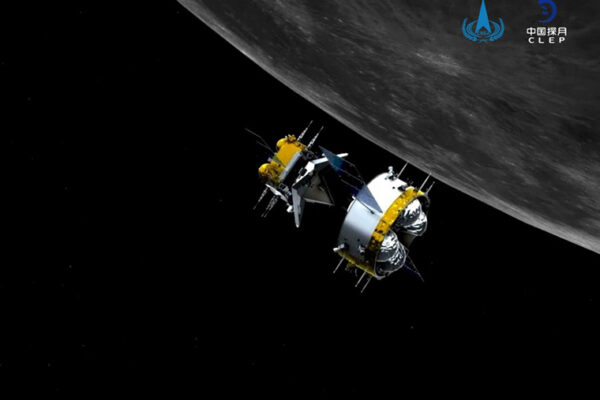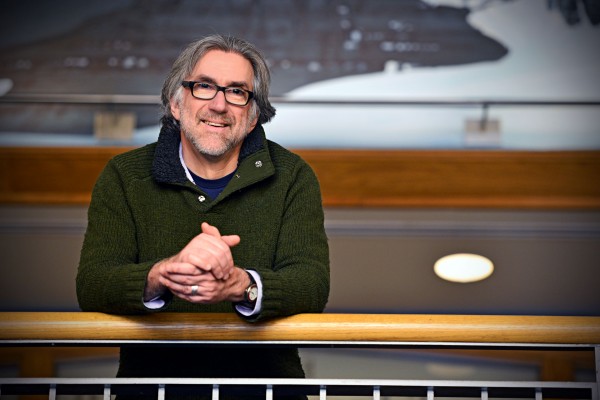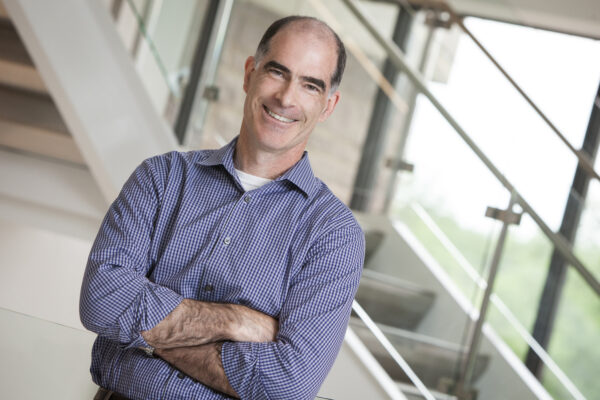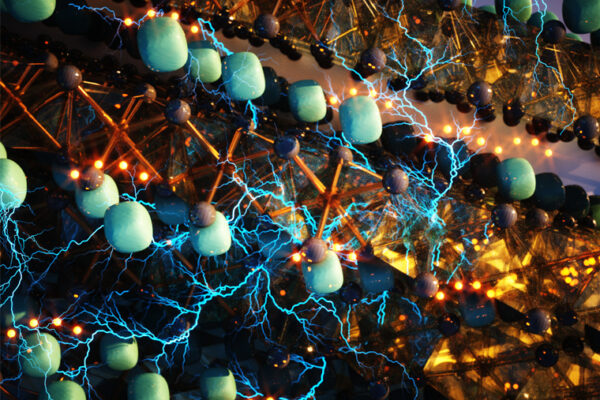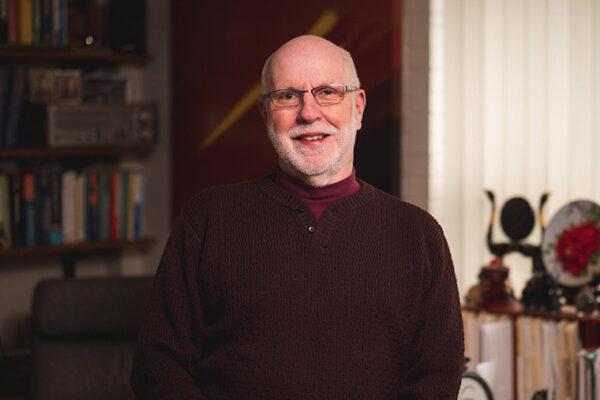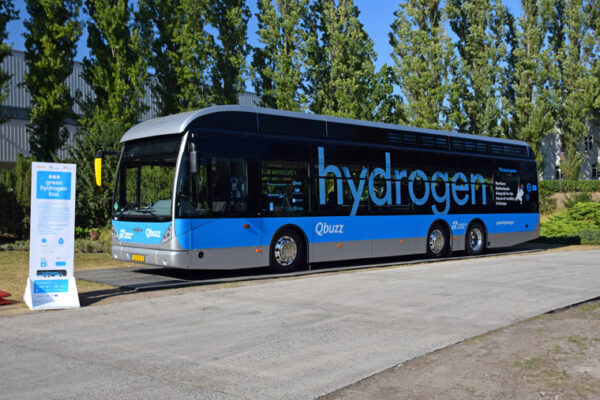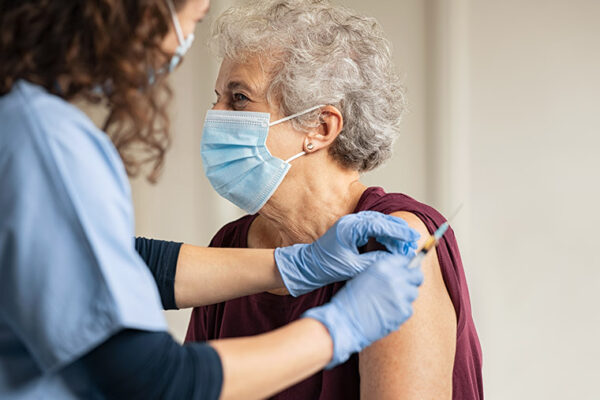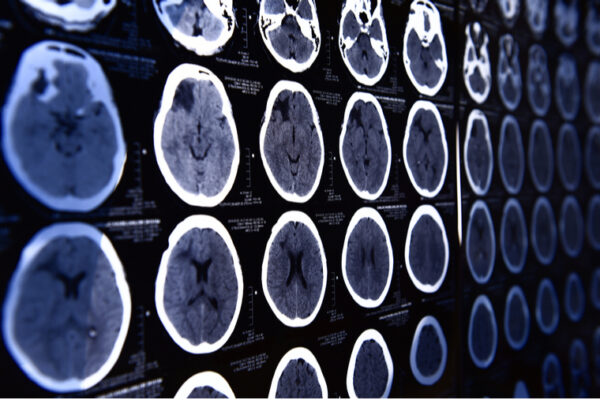China probe returns with ‘treasure trove’ of moon rocks
The Chinese space agency announced Dec. 16 the return of a lunar probe bringing back the first fresh samples of rock and debris from the moon in more than 40 years. Bradley L. Jolliff, the Scott Rudolph Professor of Earth and Planetary Sciences in Arts & Sciences at Washington University in St. Louis, reflects on the scientific value of the samples.
McKinnon honored by American Geophysical Union
Bill McKinnon, professor of earth and planetary sciences in Arts & Sciences, is one of 62 geoscientists who have been elected to the American Geophysical Union’s 2020 class of fellows.
Bayly named inaugural Lee Hunter Distinguished Professor
Philip V. Bayly has been named the inaugural Lee Hunter Distinguished Professor in the McKelvey School of Engineering at Washington University in St. Louis. Bayly is an innovative researcher at the forefront of understanding the mechanics of brain injury and brain development.
Powerful electrical events quickly alter surface chemistry on Mars and other planetary bodies
Dust-related electrochemistry can reshape Martian surface materials with physical and chemical changes observable after only hundreds of years. Similar electrical effects may be instrumental on Venus and Europa, according to new work from Alian Wang in Arts & Sciences.
New computational method validates images without ‘ground truth’
A new computational method from the McKelvey School of Engineering helps scientists validate the accuracy of microscopic images.
Study finds fluorine as possible substitute for lithium in rechargeable batteries
Rohan Mishra and Steven Hartman in the McKelvey School of Engineering at Washington University in St. Louis have found the relatively abundant and light element fluorine may be an alternative for lithium in batteries.
A recipe for protein footprinting
By publishing their method in the journal Nature Protocols, chemists including Michael Gross, who has a joint appointment in Arts & Sciences and the School of Medicine, have opened doors for fellow scientists to better address research questions related to Alzheimer’s disease, the COVID-19 pandemic and more.
New catalyst resolves hydrogen fuel cell cost, longevity issues
A multidisciplinary team including researchers at the McKelvey School of Engineering at Washington University in St. Louis has found a new catalyst for hydrogen fuel cells that is less expensive and longer-lasting than platinum.
Building better vaccines for the elderly
Meredith Jackrel, in Arts & Sciences, studies protein misfolding and how it leads to disease. She is collaborating with Jai Rudra at the McKelvey School of Engineering to develop amyloid-inspired vaccine technologies specifically tailored for seniors. The approach could be relevant to COVID-19 as the elderly are particularly susceptible to its severe complications.
Chan Zuckerberg Initiative names two WashU groups Frontiers of Imaging grantees
The Chan Zuckerberg Initiative (CZI) announced two research groups led by Washington University in St. Louis faculty were named Frontiers of Imaging grantees.
Older Stories
